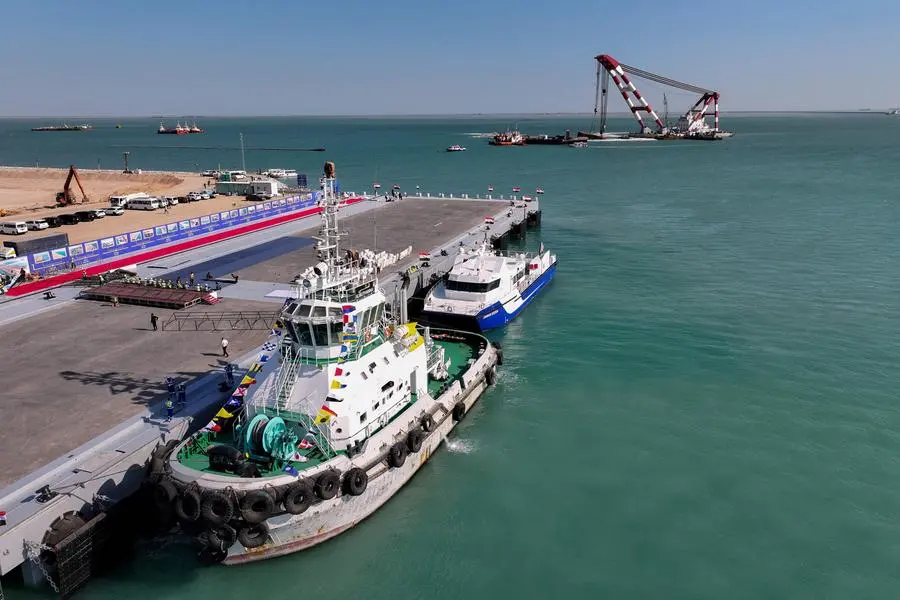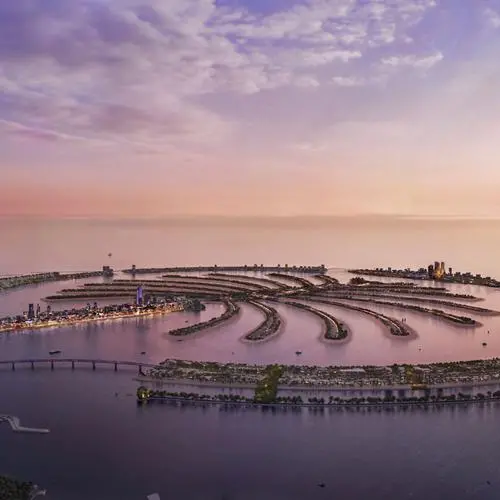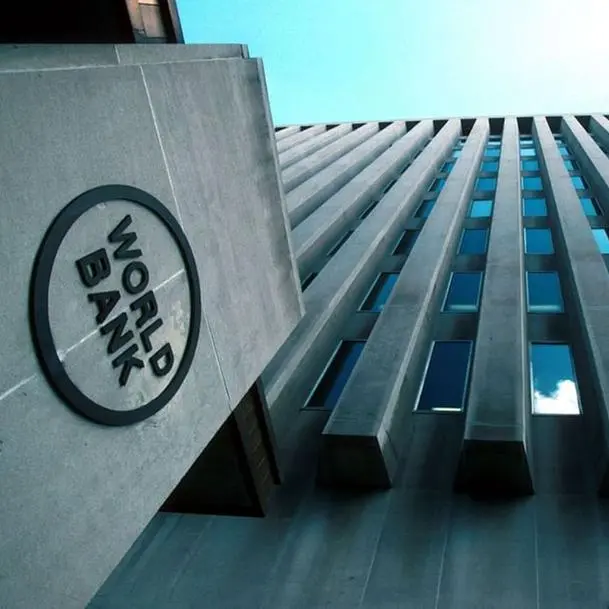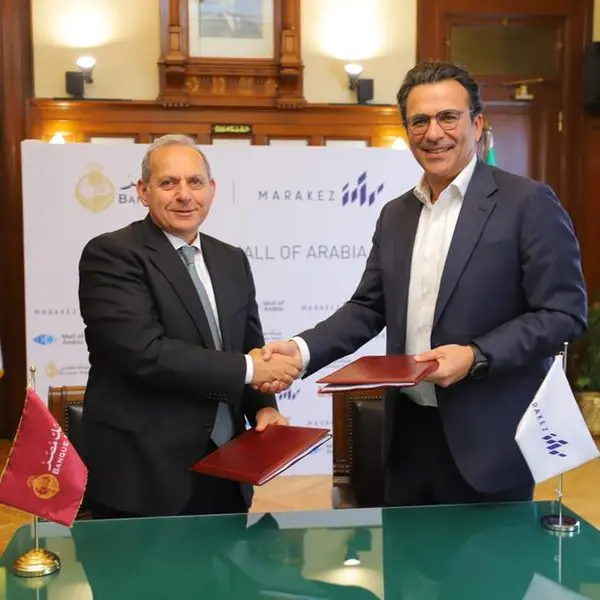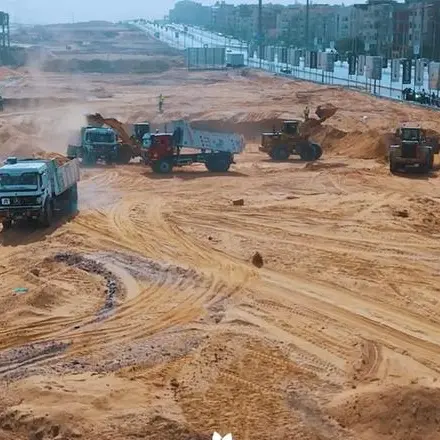PHOTO
Iraq has resorted to the two richest Gulf nations to provide a funding cushion for its $17-billion rail project known as 'Development Road' to ensure it will not meet the fate of other projects that have faltered due to cash shortages.
When OPEC’s second largest oil producer announced the mega rail project in 2023, it was still trying to recover from a financial dispute that prompted South Korea’s Hanwha Company to halt work on a $10-billion project to build Bismaya City near the capital Baghdad after it constructed 30,000 of the project’s 100,000 units.
Transport Ministry officials announced in early 2024 that Qatar and the UAE, which have the highest per capita incomes in the Middle East, agreed to join the rail project but they fell short of specifying the sort of partnership.
“Having partners like Qatar and the UAE means the project will take off,” said Nabil Al-Marsoumi, an economics professor at the Iraqi University of Basra.
Marsoumi said Iraq and its partners in the project will eventually benefit from its operations as the train and the Faw Port, where the rail line will originate, are expected to generate annual earnings of nearly $5 billion when they are completed.
Phase 1 of the project is scheduled to be completed in late 2029 while Phase 2 will be finished in 2038, according to Iraq’s Transport Ministry.
In a study released in 2023, the Ministry estimated the costs of phase 1 at around $17 billion as it comprises the construction of a 1,200-km rail line and a parallel motorway from Faw Port, under construction in South Iraq, to the Northern border with Turkey.
Iraq, which sits atop the world’s 5th largest recoverable oil deposits, hopes the project would turn it into a major commercial and business hub, according to Transport Minister Razzak Al-Saadawi, who said it would initially transport 15 million passengers and 33 million tonnes of cargo per year.
“This is a strategic project that will allow Iraq to become a regional trade hub..it will link Iraq and other regional states with Europe through Turkey and will save time and costs for shipments,” Saadawi said in recent comments.
In early 2024, Baghdad said it would earmark round $4 billion from the 2024 buget for the project but did not mention how it would secure the remaining funds.
Officials indicated later financing could come through new partnerships with foreign governments and companies and invited several governments and companies for a conference in Baghdad to muster support for the project.
“This project is not ideal for investment given the presence of several other reliable global transport routes....this means that funding from the government alone is not a right option and I believe there is no choice but to ally with strong creditors,” Ziad Al-Hashimi, a member of Iraq’s economists network, told Zawya Projects.
(Reporting by Nadim Kawach; Editing by Anoop Menon)
Subscribe to our Projects' PULSE newsletter that brings you trustworthy news, updates and insights on project activities, developments, and partnerships across sectors in the Middle East and Africa.
